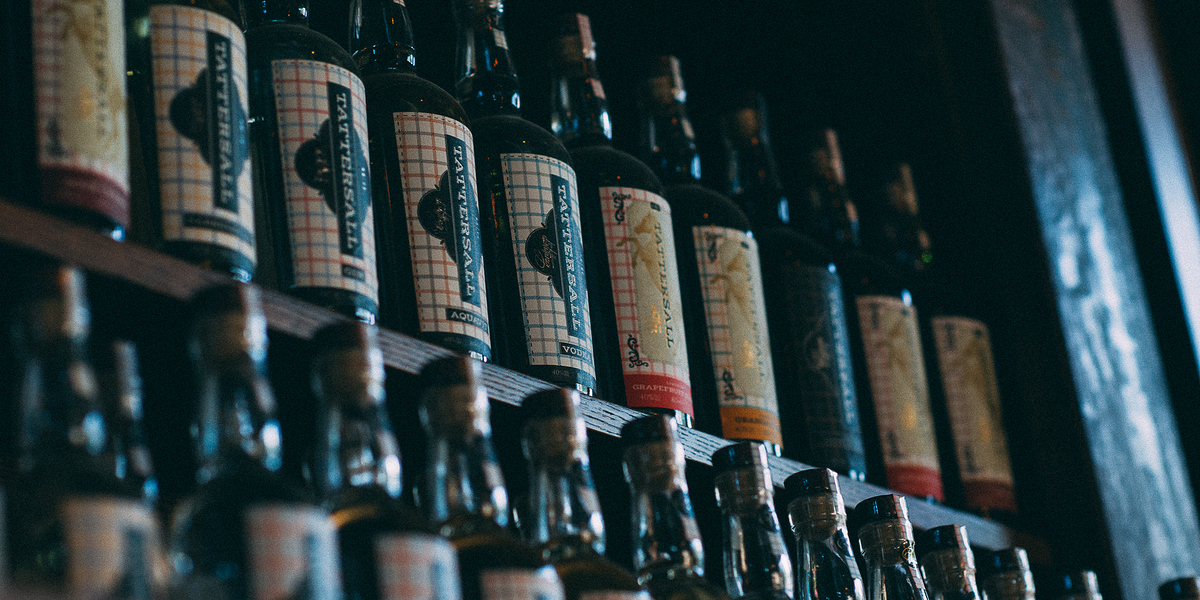Guest post provided by: Jon Gelula, President of KDM Global Partners, LLC – a supplier of Black Elk and custom label wine programs around the world. KDM’s core business is helping smaller clients benefit from Private Label Wines. The firm not only offers premium wines but can assist with all other aspects of the process regarding private labeling such as graphic design, regulatory work, and distribution.
The use of custom label wines is growing everywhere but the category of sellers that is increasing the most dramatically inside this trend is restaurants. This is a surprising fact, given the success of private label wines among big box retailers, supermarkets, drug chains, convenience stores and wine shoppes. It is well known that private label wines offer higher margins on sales than those earned on others’ brands. But, for restaurants especially, the benefits of custom label wines are myriad. Let’s examine four key reasons why.
1. Profitability On Wine Sales
The first key fact about proprietary label wines is that a restaurant gets a “better bang for its purchasing buck.” Better wine at a lesser price…plain and simple.
With the ”national brands,” the delivered case price will always include your pro-rata share of their (huge) advertising and promotional budgets, as well as the incentives they provide the distributors to get your restaurant to carry it on your menu! Not that there’s anything wrong with the juice – but you’re probably paying more than it’s worth.
Your “house brand” wine will likely cost much less on a per-bottle basis, be much better wine (at any price point) … and earn you better margins!
This is the case whether you’re pouring wine-by-the-glass or bottle sales.
2. Elimination of ‘Sticker Shock’ Among Customers
The data tells us that wine has now eclipsed beer in popularity (sales) throughout the US. People are increasingly turning to wine as their recreational beverage of choice; accordingly, consumers are learning more about wine and are becoming more sophisticated shoppers. Restaurant customers are therefore much more familiar with retail wine prices than before. When they see a wine on the menu that they’ve tried before, they will also likely know the price at the wine shop down the street from the restaurant! Since restaurants often charge more than the wine shop, this can cause dissonance with the customer. No restaurant wants to risk customer loyalty over this!
When a restaurant serves its own PL wine, that wine is ONLY available at the restaurant. Thus, the price is the price – it can’t be compared to the price at the retail wine shop, or on the World Wide Web! Everyone is happy.
3. Branding, Branding, Branding!
Nothing breeds customer loyalty better than a house wine that is enjoyed by everyone … and is only available at the restaurant. Repeat business is the hallmark of a successful eatery. What better way to bring them back than pouring your “own” wine, where that wine is ONLY available at your establishment?
Design some compelling wine labels that stand out beautifully at the restaurant. Leave them on the tables, at the bar and decorate with them! The restaurant’s own brand will be substantially enhanced by the existence of your proprietary wines and add a touch of elegance and originality to the dining experience.
Your restaurant’s logo will be cemented in the minds of your customers. Business is all about branding now. Do what you can to build your restaurant’s brand.
4. Upfront Investment Is Now Minimal
Not too long ago, creating custom wine brands was the sole bastion of the huge wine producers. If, for example, they found themselves with a glut of Chardonnay one year and needed to get rid of it, all they had to do was slap new labels on the bottles and contact the big retailers with a “deal.” While these events presented opportunities for the big chains and opened some eyes about potential margin opportunities, there were still big problems for these new brands.
To begin with, there was no continuity of service or of wine quality. These glut purchases were ‘ad hoc’ deals and, clearly, a huge wine producer would never do anything to jeopardize the success of its own heavily promoted national brand.
Thus, these custom brands quickly became “one night stands” and, oftentimes, the end retail customer was left with nothing after that glut dissipated. Also, production minimums were so large that small players (such as restaurants) could not get into the game.
Smaller restaurants are now enjoying all the benefits of PL wine programs – without the risks that existed when the production minimums were too high and the brand service was poor.
The result of a private label program is that a restaurant’s upfront investment in a custom wine program is now similar to what it would have been in its wine menu, generally! But the difference for the restaurant is huge – better margins, better branding and happier customers.

[…] Learn more about the wine we represent in the Caribbean here & private label wines here. […]